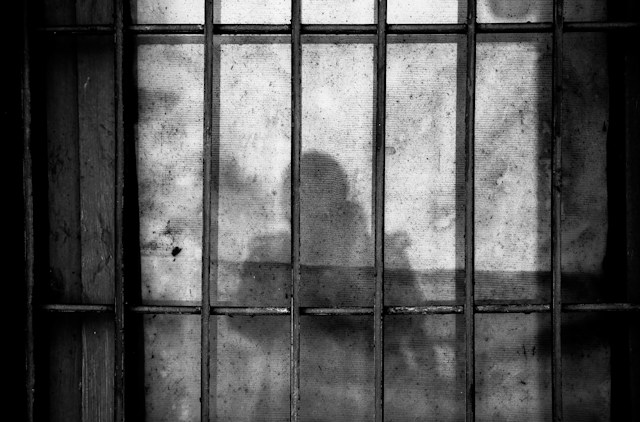
Behind the Scenes: The Role of Bail Bonds in the Legal System
Bail is money or property someone arrested for a crime posts to gain early release from jail before their trial date. In setting bail, a judge considers several factors, including the severity of the offense and a person’s criminal history.
What is a Bail Bond?
Bail bonds Schuylkill County, PA, or surety bonds, offer the court a financial incentive for an accused person to follow through with their court-appointed obligations and attend all their scheduled court dates. Essentially, an insurance policy guarantees the court that the defendant will show up for their trial or face serious consequences. When a judge sets bail, they must consider whether it would pose “an undue hardship” to the defendant or their family. If they decide it would, the defendant must stay in jail until their case is resolved. Defendants unable to pay their bail can hire a bail bond agent who posts a bond on their behalf. This process typically requires the defendant to provide a form of collateral (such as property or cash) used as security in case they don’t appear for their court date. The bondsman then charges a fee for their service.
What are the Benefits of Using a Bail Bondsman?
In exchange for a fee, bail bondsmen guarantee to pay the total amount of a defendant’s bail if they fail to appear at their court hearings. In some cases, the bondsman will require collateral, such as real estate or cash, to secure a bond. This collateral is held by the bail bondsman and returned when the case is closed. If your loved one goes to jail, the process can be frustrating and time-consuming. You don’t want them to lose their job or home while awaiting trial, which is why a bail bond is so important.
Bail is a right afforded to all people by the Constitution, but many low-income defendants cannot scrape together the total amount. With the help of a bail bond agent, they can get out of jail quickly and return to their lives. This is a much better alternative to incarceration, which can take years away from families and careers.
How Do Bail Bondsmen Work?
Bail Bondsmen work by securing an agreement with the court to pay for a defendant’s release from jail. They charge a non-refundable fee of about 10% of the total bail amount up-front. The friends or family members of the defendant usually pay the remainder of the bail. A defendant’s release is based on the premise that they will show up for their trial date. If they do, they get their money back from the bail bondsman. If they skip their court date, the bail bond company is responsible for locating them and turning them into the authorities. A state agency must license applicants to become bail bond agents. They must complete training courses and pass a background check. They must also pledge assets such as property, automobiles, or credit cards as collateral. Generally, these collateral items are returned once the case is acquitted.
How Do Bail Bonds Work?
When someone you care about gets arrested, it can be incredibly stressful. Bail bonds are an option that can help alleviate some of that stress by allowing your loved one to avoid going back to jail. The idea behind bail is that people will be more likely to come to court if they know their friends and family could lose money if they don’t show up. That’s why setting bail is a common practice in the legal system. The problem is that bail can be prohibitively expensive for many defendants. To post bail, a person can either pay the amount set by the court in cash or use a surety bond. If the defendant makes all their court dates, the bond company will return the collateral to the person who paid for it, but they keep a fee. Alternatively, the defendant can be released on their recognizance.





